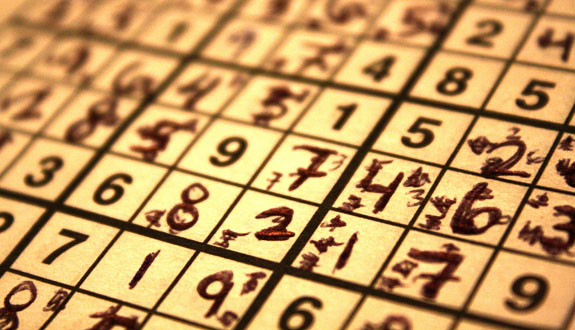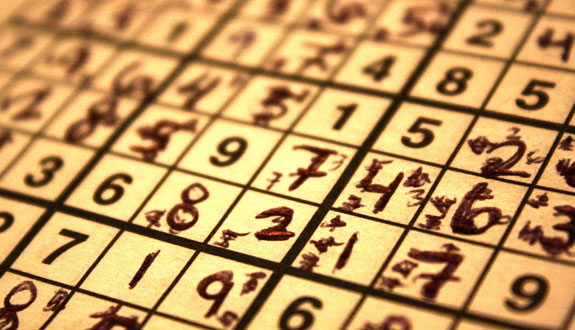
Note: As of August 2024, the LSAT will no longer have a Logic Games Section. The June 2024 exam will be the final LSAT with Logic Games. Learn more about the change here.
The first time you laid your eyes on an LSAT logic game you probably thought that the section looked like a piece of cake. A few simple rules about a motley crew of 7 ethnically diverse characters who are up to some juvenile shenanigans — how hard can these questions be?
Once you started to a read a few of the questions, however, your confidence probably transformed into bewilderment. How could the authors of this game expect the simple directions and minimal rules to adequately equip you to answer the sea of questions? By the end of your first LSAT practice test, you probably declared the entire section to be nothing more than nonsense and tomfoolery.
As you continue prepping, however, the LSAT games section will start to make a lot a more sense, and can even become pretty fun. Even so, you will still likely run into LSAT logic games that will make you feel as helpless as you did on your initial LSAT practice test. Whether it be a deduction that you don’t spot, or a rule that you forget, one little misstep can completely impede your progress throughout an entire LSAT logic game. To help you avoid such disasters, I’ve compiled a list of a few straightforward exercises that can really help you with your LSAT logic game skills:
1. Sudokus – A Sudoku is a popular puzzle that uses numbers. The rules are very simple: every column, row, and 3×3 box must contain the numbers 1-9. You start with a grid that’s primarily empty, and by the time you are finished, the grid will be completely full. What’s great about Sudokus is that they test your ability to make deductions, and will accordingly help you with LSAT logic games that are heavily deduction-oriented.
2. The Idiot Test – Don’t be fooled by the name; this website can be pretty tricky. This site will test your ability to follow directions. It is very important to be exceedingly careful when reading the rules to a game. Misreading a rule or making an assumption about something that isn’t explicitly stated in the directions are two of the biggest problems for LSAT test-takers.
3. Memory Matching – Your short term memory is like a muscle that needs to be exercised regularly, so eat your protein and click on this hyperlink. It happens all too often that you diagram a rule and take it into account for the first couple of questions, but somewhere down the road this rule falls out of your brain.
Ready to get started with logic games? Get our free logic games ebook.




